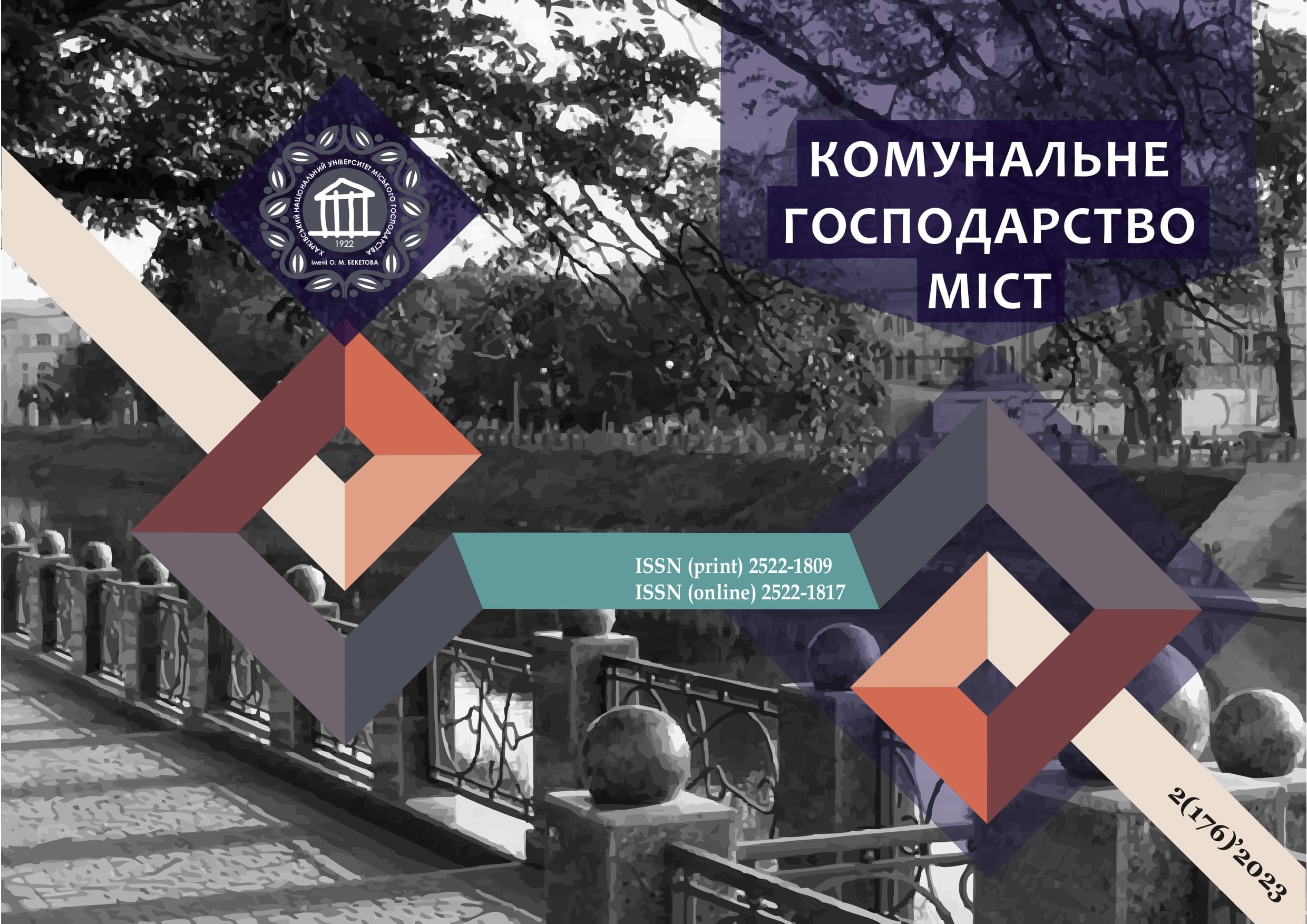STUDY OF FOREIGN EXPERIENCE OF THE BASIS OF CONSTRUCTION OF THE SYSTEM OF STATE CONTROL
DOI:
https://doi.org/10.33042/2522-1809-2023-2-176-29-33Keywords:
state resources, state financial control, state financial audit, efficiency, effectiveness, transparencyAbstract
The article is devoted to consideration of the problems and trends of strengthening the economic and social potential of the country through quality management of state finances, which is a priority task of the state and its institutions in the conditions of increasing the use of state resources and overcoming the consequences of the global financial and economic crisis. The financial stability and security of the country, the effectiveness of state policy, the level of the population's quality of life, the achievement of social -economic goals of the state. Therefore, in the process of ensuring the quality of management and the use of state resources, the role of state financial control institutions, the effectiveness of the tools and methods they use in the process of activity is important (without exaggeration). The experience gained in this direction proved the low effectiveness of the tools used and proved the need to improve state financial control and audit. The need for careful study and implementation into practical activity of the positive experience of building a state control system existing in developed countries, one of which is the Kingdom of the Netherlands, is justified. There are three levels of control in this country, and all the functions necessary for the state (in particular, regarding financial control) are first determined in the state administration system, and then they are distributed among the bodies, which makes it possible to clearly distinguish the powers and competences of different bodies, including controlling The procedure for introducing internal control systems in every institution and organization of the Netherlands, merging internal audit units into the Central Government Audit Service under the Ministry of Finance, and introducing mechanisms to further limit the minister's influence on implementation deserve attention for the implementation of positive experience in the practical activities of the state financial control bodies of Ukraine. control, the existence of an independent external financial control body (audit court), cooperation and exchange of information between the Central Government Audit Service, the Court of Auditors, the Institute of Internal Auditors, the Netherlands Organization of Accountants, private audit firms, the European Commission (in matters of control over EU funds), and also with universities that train personnel in the relevant field.
References
Bardash S., Osadcha T. (2020) Current status of state financial control of Ukraine and ways of its improvement. Baltic Journal of Economic Studies, Vol. 6. № 2. P. 17-24.
Harashchuk V. (2020) Kontrolʹ ta nahlyad u derzhavnomu upravlinni. KH.: Folio, 176 р. [in Ukrainian]
Grynchuk Y., Shemigon O., Vykhor M. (2019) Control as a public administration function: the economic and legal essence, its application mechanism. Journal «Efektyvna ekonomika». № 4. 2019, Retrieved from: http://www.economy.nayka.com.ua/pdf/4_2019/5.pdf [in Ukrainian]
Yedynak T. S., Pavlyshen O. V. (2011) Kontrolʹ yak funktsiya derzhavnoho upravlinnya: sutnistʹ ta klasyfikatsiya. Visnyk Akademiyi mytnoyi sluzhby Ukrayiny. Ser. : Derzhavne upravlinnya, № 1. P. 12–18. [in Ukrainian]
Kaletnik H., Zdyrko N. (2021) Public financial control in Ukraine : state, problems, prospects. Economic Annals-XXI. Vol. 187. Issue 1-2. P .163-176.
Naydʹon YE. M., Sandul V. A. Okremi aspekty diyalʹnosti orhaniv derzhavnoho finansovoho kontrolyu. Yurydychna nauka. № 5(107) . 2020. Tom 2. S. 51. [in Ukrainian]
Jan van Tainen, Andreev P. P., Chechulin O. O., Timokhin M. G. (2012) State Internal Financial Control: Ukraine and European Experience. K. : European Institute of Public Administration and Audit, 183 p.
Syzov A. I., Shramko O. V., Pyelyeshko V. I. (2016) Dosvid korolivstva Niderlandy z vprovadzhennya vnutrishnʹoho kontrolyu ta vnutrishnʹoho audytu. Ekonomika ta derzhava. № 3. P. 46-50. [in Ukrainian]
Efimenko T. I., Jan van Tainen, Hasanov S. S. (2014) Public Finances in the Netherlands: Information and Analytical Materials. K. : DNNU «Akad. fin. upravlinnya», 106 p.
Verbytska, V., & Bredikhin, V. (2020). Credit market development directions in modern Ukrainian conditions. Municipal Economy of Cities, 2(155), 34–40. [in Ukrainian]
Downloads
Published
How to Cite
Issue
Section
License
The authors who publish in this collection agree with the following terms:
• The authors reserve the right to authorship of their work and give the magazine the right to first publish this work under the terms of license CC BY-NC-ND 4.0 (with the Designation of Authorship - Non-Commercial - Without Derivatives 4.0 International), which allows others to freely distribute the published work with a mandatory reference to the authors of the original work and the first publication of the work in this magazine.
• Authors have the right to make independent extra-exclusive work agreements in the form in which they were published by this magazine (for example, posting work in an electronic repository of an institution or publishing as part of a monograph), provided that the link to the first publication of the work in this journal is maintained. .
• Journal policy allows and encourages the publication of manuscripts on the Internet (for example, in institutions' repositories or on personal websites), both before the publication of this manuscript and during its editorial work, as it contributes to the emergence of productive scientific discussion and positively affects the efficiency and dynamics of the citation of the published work (see The Effect of Open Access).

